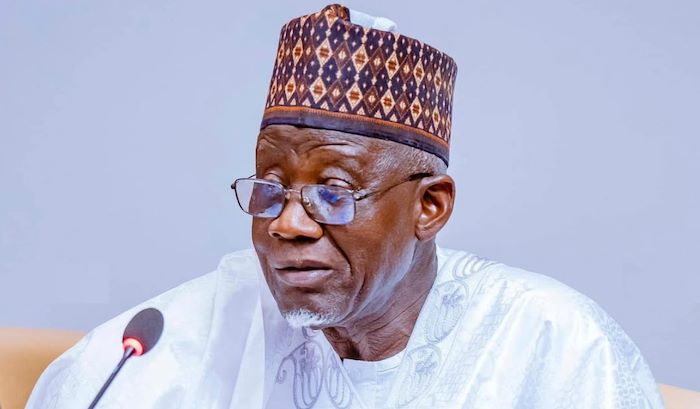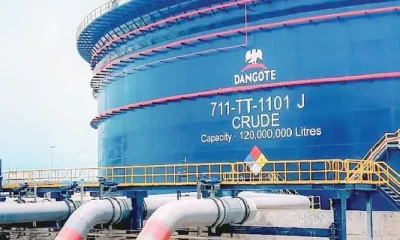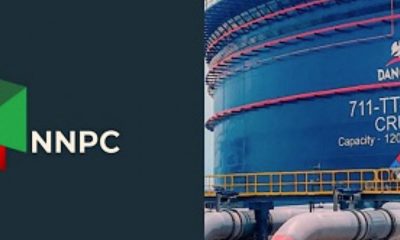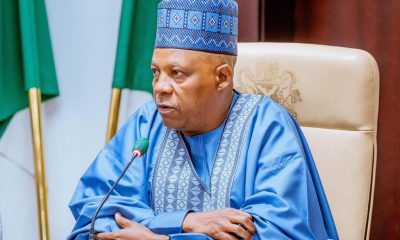BUSINESS
Federal Government’s Conciliation Meeting on Dangote Refinery and PENGASSAN Feud Ends in Deadlock

The Federal Government’s crucial intervention aimed at resolving the escalating industrial dispute between the management of Dangote Refinery and the Petroleum and Natural Gas Senior Staff Association of Nigeria (PENGASSAN) has concluded without an agreement, ending in a late-night stalemate. This breakdown in conciliation talks means the crisis, which threatens the nation’s energy security, remains unresolved.
The reconciliation meeting, which was urgently convened by the government to prevent a full-scale shutdown of the 650,000-barrel-per-day refinery, took place at the Ministry of Labour and Employment in Abuja. The session, chaired by the Minister of Labour and Employment, Muhammad Dingyadi, commenced around 4 pm on Monday, September 29, 2025, significantly later than its scheduled time, and dragged on for several hours, ultimately breaking up shortly after midnight without a conclusive resolution.
In his opening remarks, Minister Dingyadi underscored the gravity of the situation for the entire nation. He emphasized that the feud must be settled quickly and amicably “for the good of everybody, for the good of our economy, for the good of the security of our nation, and for the good of our workers, and for the good of our employers as well.” The Minister’s statement highlighted the dual economic and national security stakes tied to the industrial peace between the multi-billion-dollar private refinery and the powerful oil workers’ union.
The Core of the Dispute
The industrial action was triggered by PENGASSAN’s strong weekend directive ordering its members to cut off crude oil and gas supply to the Dangote Refinery. The union’s drastic measure was in protest against the refinery’s alleged mass dismissal of workers for voluntarily exercising their constitutional right to form and belong to a union. PENGASSAN maintains that the refinery’s action is a direct violation of labour laws.
In response, Dangote Refinery fiercely defended its actions and described the union’s tactics as “bully and terror tactics.” The refinery management asserted that the disengagements were a result of a legitimate and necessary internal reorganisation, denying any intent to target union members.
Adding a legal dimension to the confrontation, the refinery had already secured an interim court order from the National Industrial Court. This order specifically restrains PENGASSAN from proceeding with its planned disruptive actions, particularly the halting of gas and crude supply to the facility, pending further judicial review. This legal constraint further complicates the union’s ability to pressure the company.
The Aftermath of Failed Negotiations
Despite the Minister’s appeal for good faith and the presence of senior management officials from the refinery and the PENGASSAN leadership, including its President, Festus Osifo, sources close to the conciliation talks revealed that a draft Memorandum of Understanding (MOU) was prepared but ultimately not signed. The failure of either party to concede ground or accept the terms led to the disappointing deadlock.
The Federal Government remains concerned about the potential economic fallout of the protracted dispute, especially as the nation relies heavily on the Dangote Refinery to reduce its dependence on imported petroleum products. Talks are expected to be reconvened by the Ministry of Labour and Employment in a renewed effort to find a sustainable and amicable resolution between the parties.












